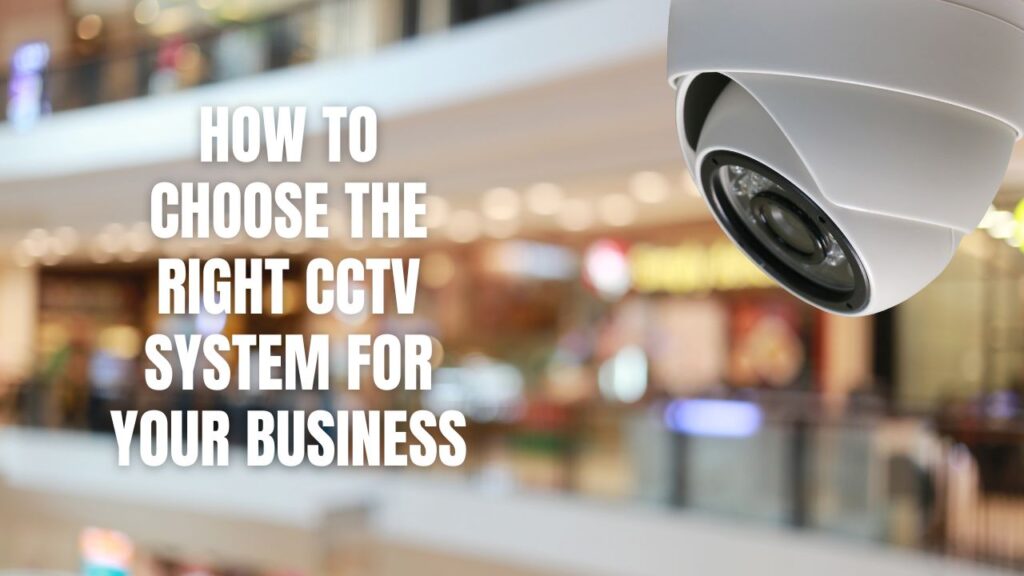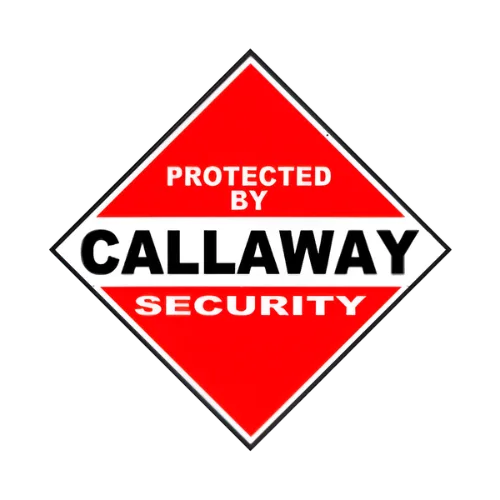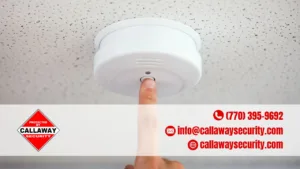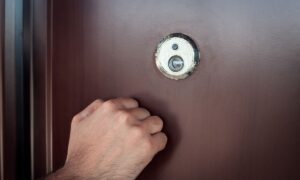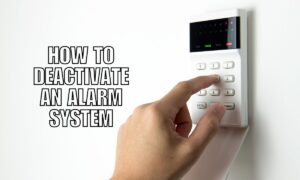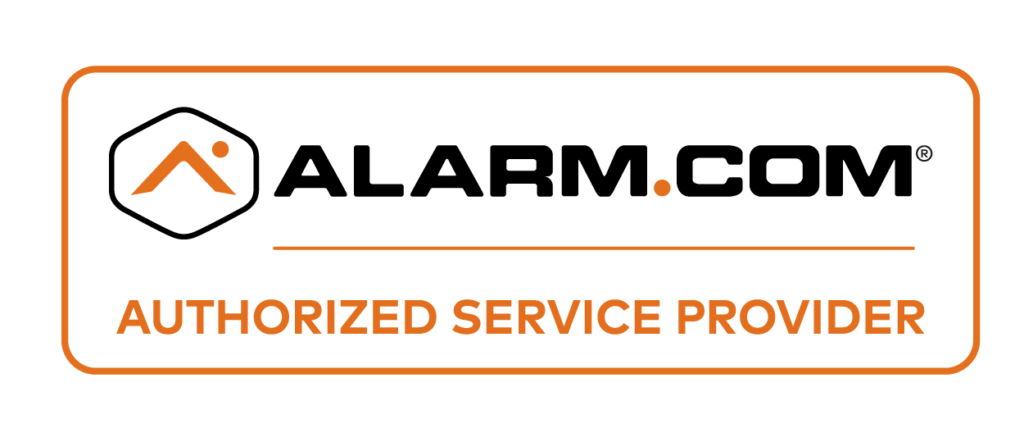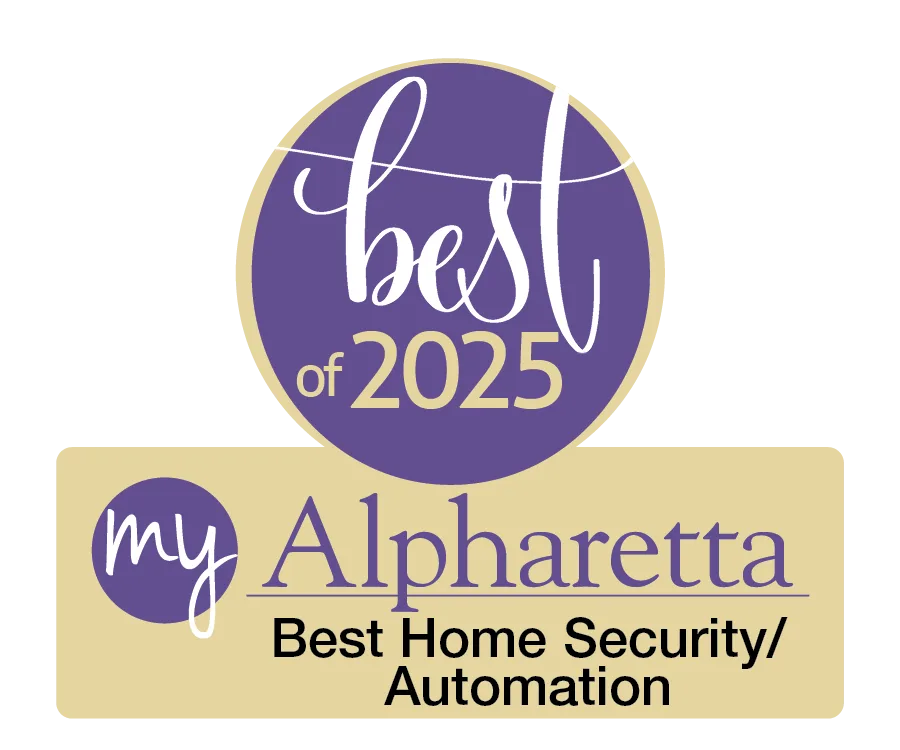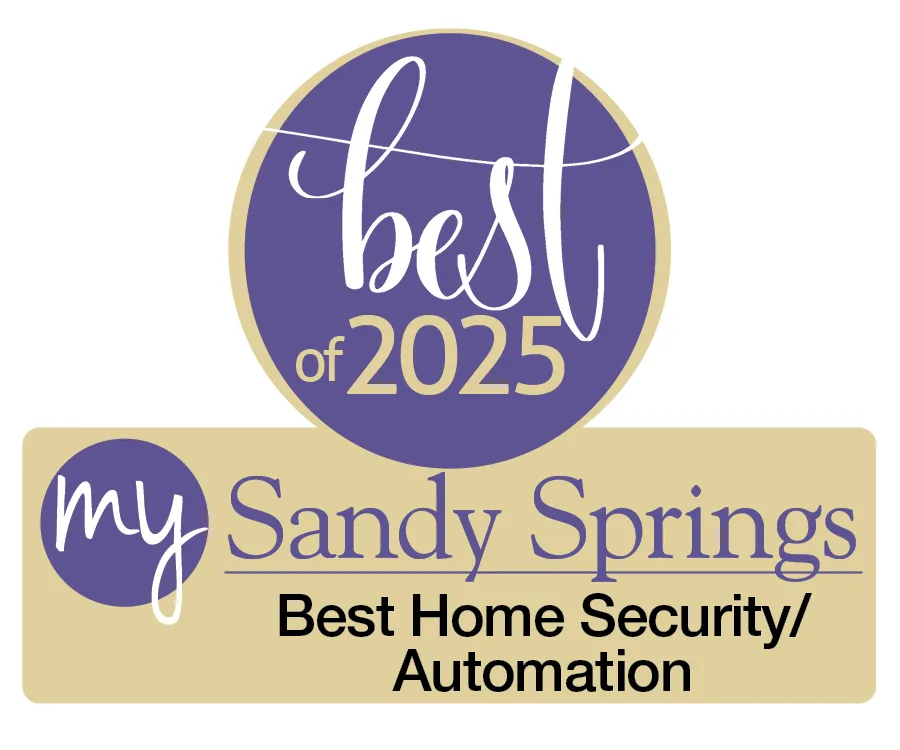Choosing the best CCTV security camera starts with understanding what you need. Do you want to monitor your front porch, backyard, or a large commercial property? Are you looking for night vision, high resolution, or remote viewing capabilities? Each factor plays a crucial role in selecting the right system for your home or business.
Security cameras act as our extra set of eyes, giving us peace of mind whether we’re at home or away. With so many options available, picking the right one can feel overwhelming. Should you go for a wired system or a wireless one? What about resolution and night vision? In this guide, we break down the essential factors to help you make an informed decision.
Key Takeaways:
- Understand your surveillance needs – Identify the areas you want to monitor.
- Know the camera types – Dome, bullet, PTZ (pan-tilt-zoom), and more.
- Consider resolution – Higher resolution means clearer footage.
- Think about night vision – Infrared (IR) cameras work best in low-light conditions.
- Check weather resistance – Look for IP65 or higher for outdoor use.
- Decide on wired vs. wireless – Wired offers stability, wireless offers flexibility.
- Plan for storage – Choose between local DVR/NVR and cloud storage.
- Check remote access – Ensure it supports real-time monitoring via mobile apps.
- Stick to a budget – Balance features and affordability.
Understanding Your Surveillance Needs
Before diving into specific camera models, figure out what you need. Ask yourself:
- Where do I need cameras? Indoor, outdoor, or both?
- What’s the size of the area I need to cover? Large spaces might require multiple cameras or PTZ options.
- Do I need night vision? If security is a 24/7 concern, this is a must.
- Do I want to monitor remotely? Some cameras allow real-time viewing through mobile apps.
The answers to these questions will help narrow down your choices and avoid unnecessary features.
Types of CCTV Cameras
There’s no one-size-fits-all camera. Each type serves a different purpose. Let’s break them down:
1. Dome Cameras
🔹 Best for: Indoor and some outdoor use
🔹 Pros: Tamper-resistant, discreet, wide coverage
🔹 Cons: Fixed lens limits flexibility
Dome cameras blend into surroundings, making them great for businesses and homes that want discreet monitoring.
2. Bullet Cameras
🔹 Best for: Outdoor long-range surveillance
🔹 Pros: Visible deterrent, weatherproof, sharp images
🔹 Cons: Fixed viewing angle
Bullet cameras are easy to spot, which can deter criminals. Their long-range capability makes them ideal for driveways, parking lots, and backyards.
3. PTZ (Pan-Tilt-Zoom) Cameras
🔹 Best for: Large properties, live monitoring
🔹 Pros: Covers wide areas, remote control movement
🔹 Cons: Higher cost, requires monitoring
PTZ cameras can follow movement, zoom in on details, and are perfect for businesses needing active surveillance.
Key Features to Look For
Once you’ve decided on the type of camera, focus on features that matter.
1. Resolution: The Higher, The Better
If you want clear images, resolution is crucial.
- 720p – Basic clarity, not ideal for identifying faces.
- 1080p (Full HD) – Good balance of clarity and storage use.
- 4K (Ultra HD) – Crystal-clear images, but requires more storage.
2. Night Vision: Seeing in the Dark
Night vision is non-negotiable for 24/7 security. Look for:
- Infrared (IR) Cameras – Work in total darkness.
- Day/Night Cameras – Adapt to different lighting conditions.
- Color Night Vision – Provides better detail in low-light settings.
3. Weather Resistance: Built for Outdoors
Outdoor cameras should handle rain, dust, and extreme temperatures. Check for:
- IP65+ Rating – Ensures water and dust resistance.
- Durable Housing – Metal or heavy-duty plastic casing.
- Temperature Range – Make sure it suits your climate.
4. Wired vs. Wireless: Stability vs. Flexibility
- Wired Cameras – Stable connection, no battery worries, professional installation required.
- Wireless (Wi-Fi) Cameras – Easier to install, but can be affected by internet reliability.
5. Storage Options: Where’s Your Footage Going?
- Local Storage (DVR/NVR) – Secure and no monthly fees, but limited capacity.
- Cloud Storage – Accessible from anywhere, but may have a subscription fee.
6. Remote Access: Watch from Anywhere
Many modern cameras allow real-time viewing via apps. Ensure your camera supports:
- Mobile App Access
- Motion Alerts & Notifications
- Two-Way Audio (for communication)
Additional Considerations
- Compatibility – Does it integrate with your smart home system?
- User-Friendly Interface – Easy setup and control.
- Brand Reputation – Choose reputable brands with good customer support.
FAQs (People Also Ask)
What’s the Best CCTV Camera for Home Use?
Dome or bullet cameras with 1080p resolution and night vision work best for most homes.
Do Wireless CCTV Cameras Work Without the Internet?
Yes, some models store footage locally on SD cards, but remote viewing requires an internet connection.
How Long Do CCTV Cameras Store Footage?
It depends on storage capacity. DVR/NVR systems can store footage for weeks, while cloud services may keep videos for a set period based on your plan.
Can CCTV Cameras Work in the Dark?
Yes, infrared night vision cameras capture footage even in complete darkness.
Are There CCTV Cameras Without Monthly Fees?
Yes, cameras with local DVR/NVR storage or those with built-in SD card slots don’t require monthly fees.
Final Thoughts: Finding the Perfect CCTV Camera
Choosing the right CCTV security camera doesn’t have to be complicated. Focus on your specific needs, consider camera types, resolution, night vision, weather resistance, and storage options. Whether you’re securing a small home or a large business, the right camera system will provide peace of mind and security for years to come.
By following this guide by Callaway Security™, you’ll be well-equipped to make an informed choice and keep your property safe. Contact us for security system installation around Georgia.

